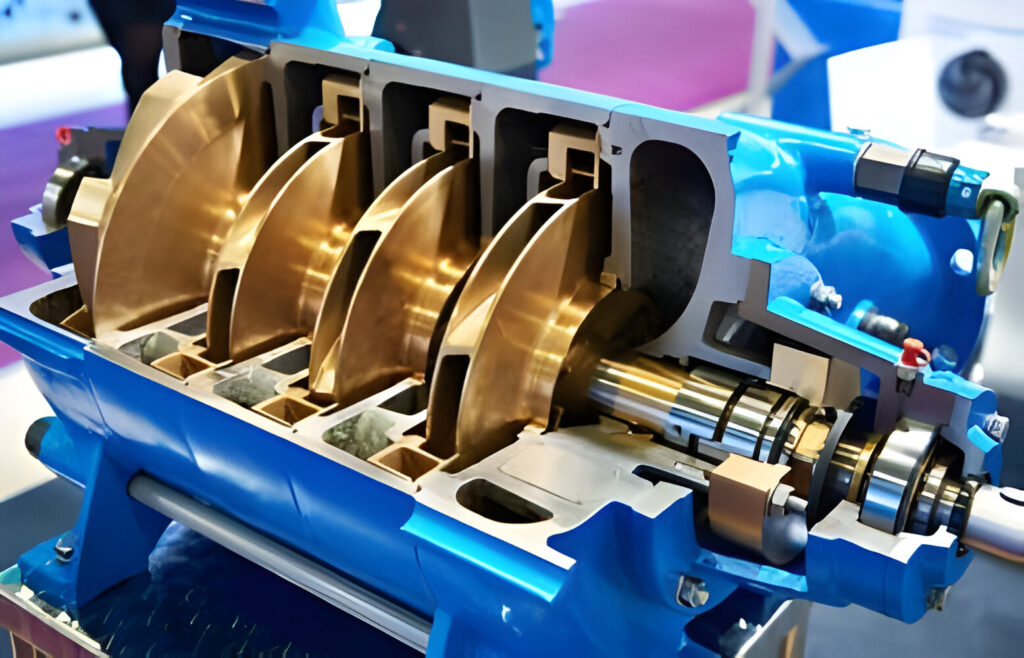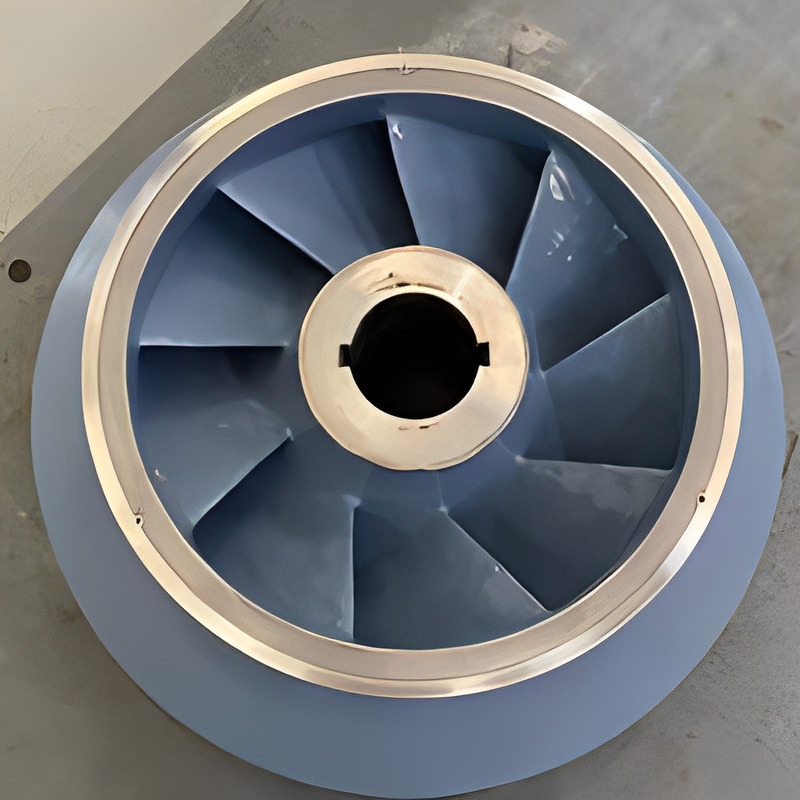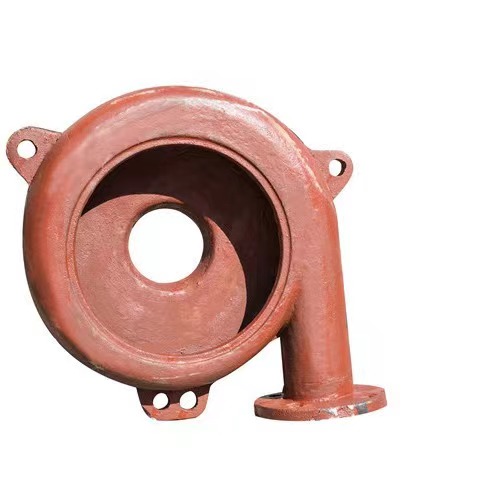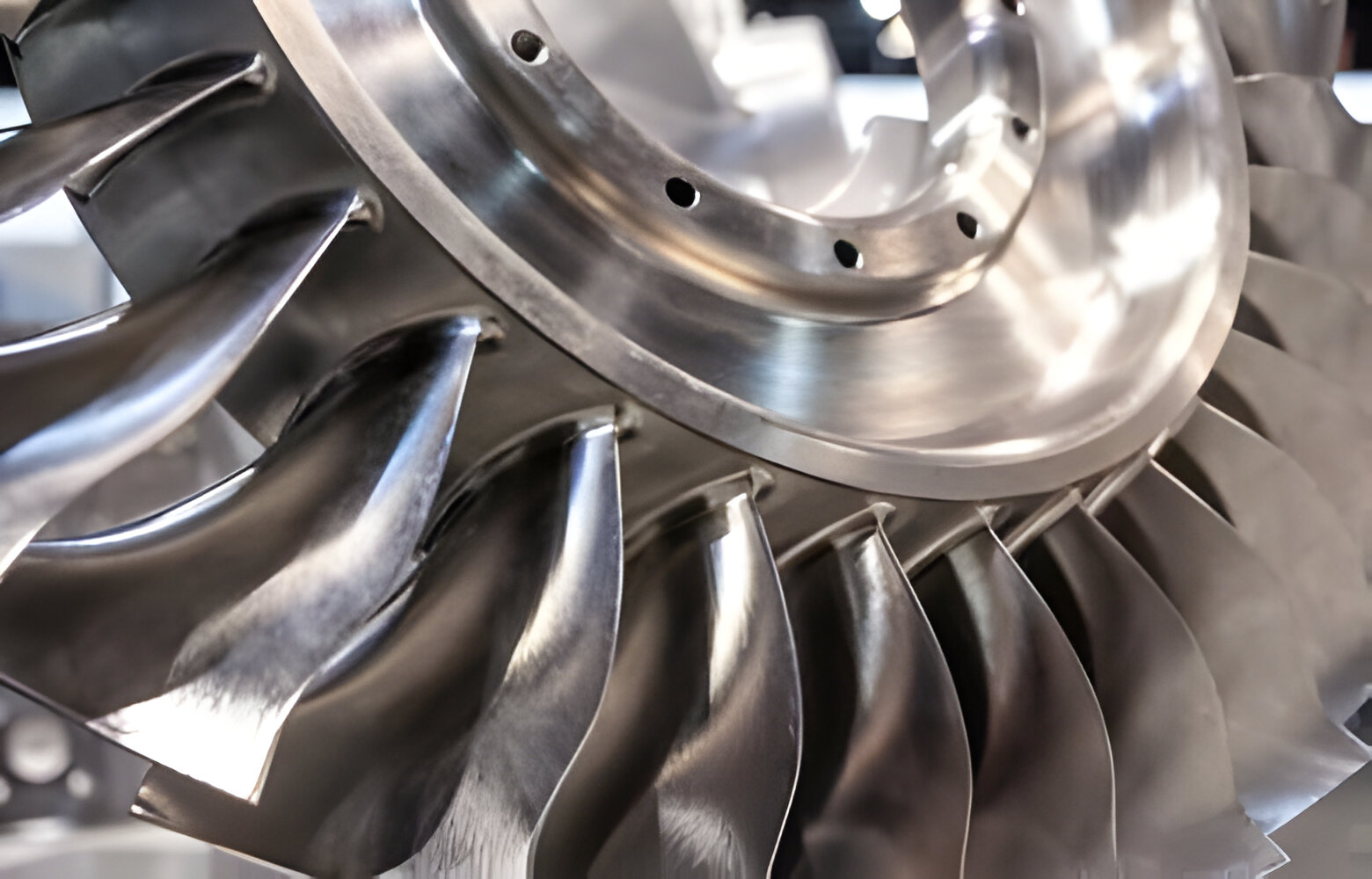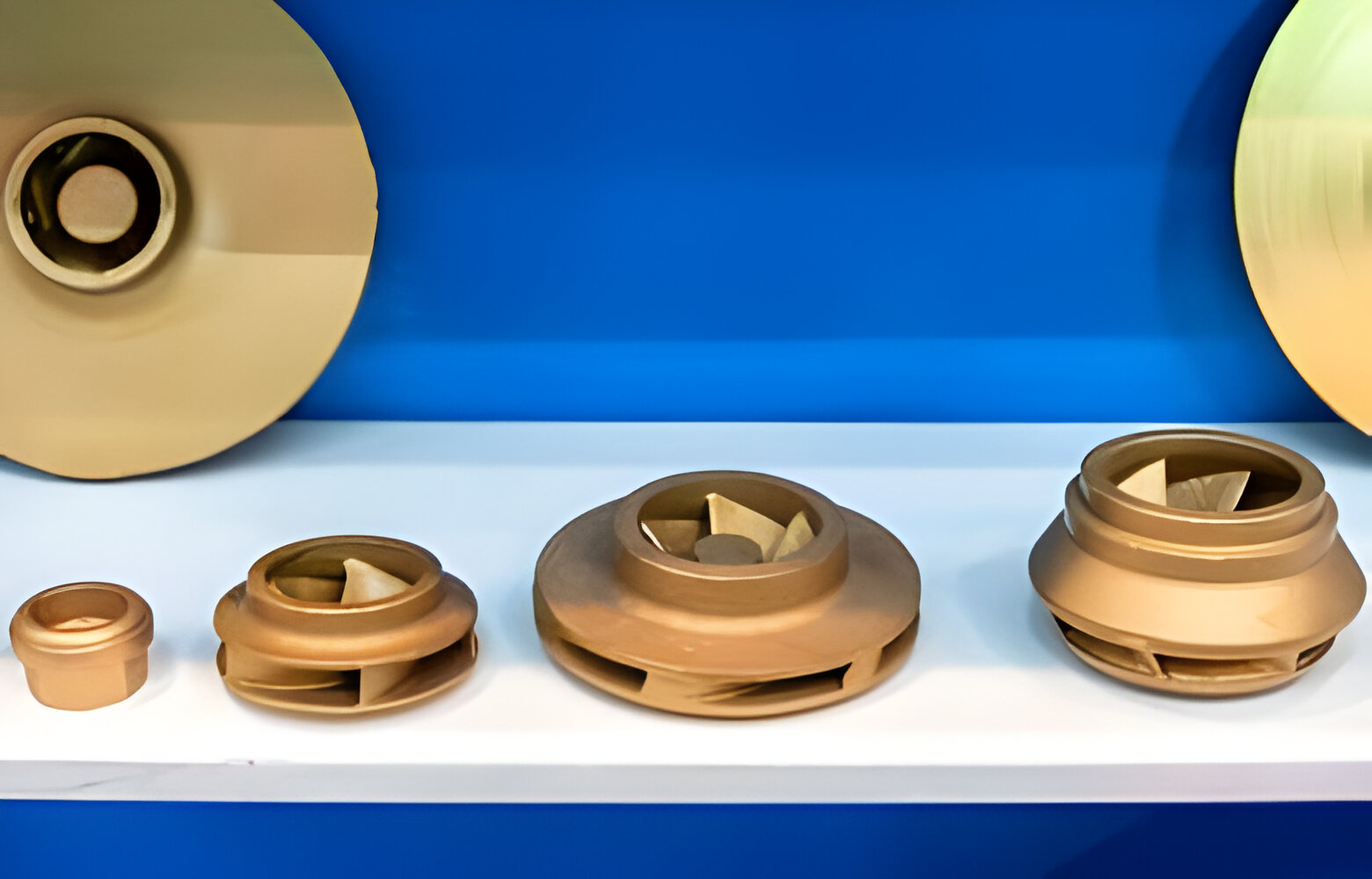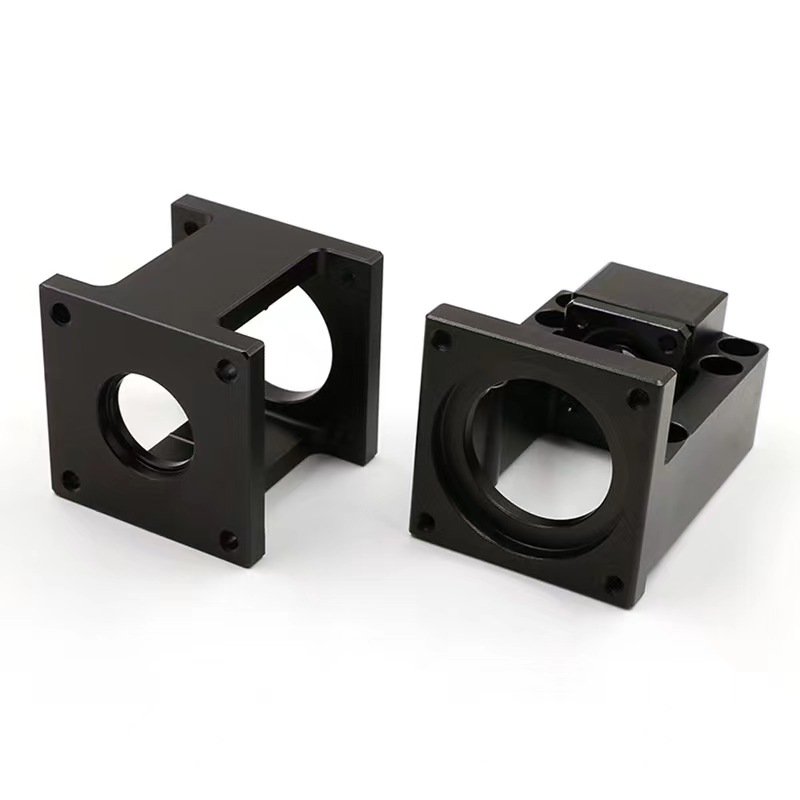In the realm of fluid dynamics and pumping systems, the efficiency and reliability of equipment are paramount. Among the critical components that contribute to the performance of centrifugal pumps are the volute and impeller. These elements play a crucial role in the seamless transfer of fluids across various applications, from industrial settings to marine environments. In this article, we delve into the significance of cast iron volute and impeller solutions, shedding light on their manufacturing processes, advantages, and applications.
Centrifugal pumps are ubiquitous in numerous industries, facilitating the movement of liquids with efficiency and reliability. At the heart of these pumps lies the impeller, a rotating component that imparts kinetic energy to the fluid, propelling it outward. The design and material of the impeller greatly influence the pump's performance and longevity. Investment casting impellers have gained traction due to their ability to produce intricate designs with exceptional dimensional accuracy, ensuring optimal fluid flow and minimal energy loss.
Furthermore, the choice between materials such as stainless steel, bronze, or cast iron impellers is crucial, depending on the application's requirements. While stainless steel impellers offer excellent corrosion resistance and durability, cast iron impellers excel in handling abrasive fluids and are cost-effective solutions for many applications.
Cast iron volutes, on the other hand, serve as the housing for the impeller, directing the fluid flow efficiently towards the discharge outlet. The manufacturing process of cast iron volutes often involves sand casting, a method known for its versatility and cost-effectiveness. This process allows for the creation of intricate volute designs while maintaining the structural integrity necessary for withstanding high pressures and temperatures.
For OEM well casted impellers and pump components, partnering with a reputable stainless steel castings manufacturer is crucial. These manufacturers leverage advanced techniques such as precision casting to produce high-quality components that meet stringent industry standards. Whether it's a fuel pump impeller for automotive applications or a boat water pump impeller for marine vessels, precision-casted components ensure optimal performance and reliability.
Understanding how impeller pumps work is essential for maximizing their efficiency and longevity. As the impeller rotates within the volute, it creates a centrifugal force that pushes the fluid towards the outer edges of the pump casing. This action increases the fluid's velocity, resulting in a decrease in pressure at the center, which allows more fluid to enter the pump suction. The fluid is then propelled outwards through the discharge outlet, effectively transferring energy from the motor to the fluid.
In addition to their role in pump performance, impellers and volutes also contribute to energy savings and operational efficiency. By optimizing the design and material selection of these components, manufacturers can minimize friction losses and hydraulic inefficiencies, ultimately reducing energy consumption and operating costs.
In summary, cast iron volute and impeller solutions play a pivotal role in the performance and reliability of centrifugal pumps across various industries. Whether it's improving fuel efficiency in automotive applications or ensuring smooth water circulation in pools and marine vessels, the right choice of materials and manufacturing processes is essential. By partnering with experienced manufacturers and leveraging advanced casting techniques, businesses can enhance their pumping systems' efficiency and durability, ultimately driving productivity and profitability.

